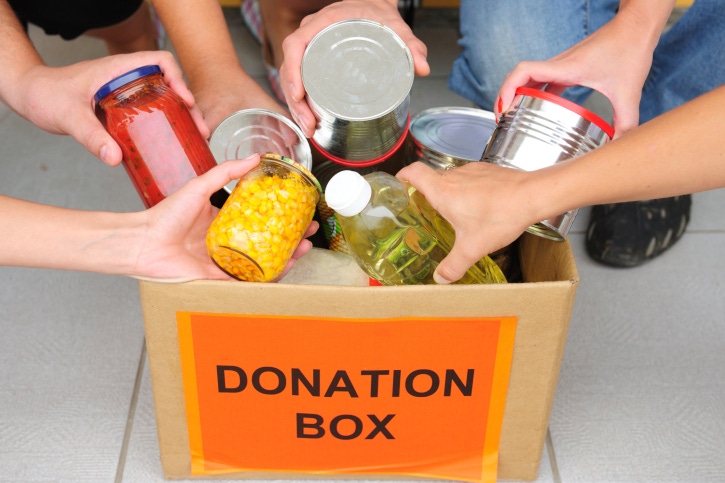Across the world, there are thousands of different approaches to the food scarcity problem. Each country develops its own strategies to address this issue, however, not every program is effectively designed for that country's specific food, donation, and legal systems, leaving some shortcomings. The Atlas Project is a study set out to correct this. The Atlas project is an initiative by Harvard Law School Food Law and Policy Clinic (FLPC) and The Global FoodBanking Network (GFN) looking to examine the food donation systems and policies regarding it within different countries across the world.

Across the world, there are thousands of different approaches to the food scarcity problem. Each country develops its own strategies to address this issue, however, not every program is effectively designed for that country's specific food, donation, and legal systems, leaving some shortcomings. The Atlas Project is a study set out to correct this.
The Atlas project is an initiative by Harvard Law School Food Law and Policy Clinic (FLPC) and The Global FoodBanking Network (GFN) looking to examine the food donation systems and policies regarding it within different countries across the world.
The project intends to discover where a country is succeeding and where it might be falling short in terms of food donation so that the researchers can then provide detailed policy suggestions that would be most effective within each country's different cultures and donation landscapes.
One of these countries is Kenya, which has the fastest growing economy of any Sub-Saharan African nation. Kenya is reported to have a food insecurity rate of 36.5 percent, meaning over a third of the population does not have reliable access to food.
A comprehensive report describing the project’s analysis of Kenya and policy recommendations was written by Esther Akwii, Emily M. Broad Leib, Melissa Shapiro, Nadia Haile, Tori Oto, and Ali Nayfeh at the Harvard Law School Food Law and Policy Clinic with contributions from Douglas O’Brien at The Global FoodBanking Network.
The country of Kenya is not oblivious to the food insecurity issue they have. A number of different policies have already been implemented to address the issue, however, they haven’t been entirely effective enough to put an end to the problem, making the Atlas project ever so important.
Atlas made a variety of suggestions looking to tackle different factors in the food donation system including the following: ensuring safe food donations, “sell by” dates do not lead to the immediate disposal of food that could still be consumed, solving liability concerns from potential donors, proper tax incentives and information for businesses and food recovery organizations who want to be involved.
Under each of the different avenues for solving the problem, several amendments to already established policies were suggested, alongside other solution recommendation ideas such as implementing a donation-specific chapter to the nation's Food, Drugs and Chemical Substances Act (FDCSA).
Other suggestions include offering tax credits for food donations made to food recovery organizations, providing government grant opportunities for food donation infrastructure, and enacting nationwide legislation to establish clear liability protection for food donors and recovery organizations.
With abundant research and suggestions made, it is still up to the country of Kenya to decide whether or not the legislative options are something they find feasible. These suggestions are made with the country's individual needs in mind, but each idea should be inspected by local lawmakers and stakeholders to make an even more informed decision on whether or not they will further resolve Kenya’s food and hunger-related problems.
About the Author(s)
You May Also Like




